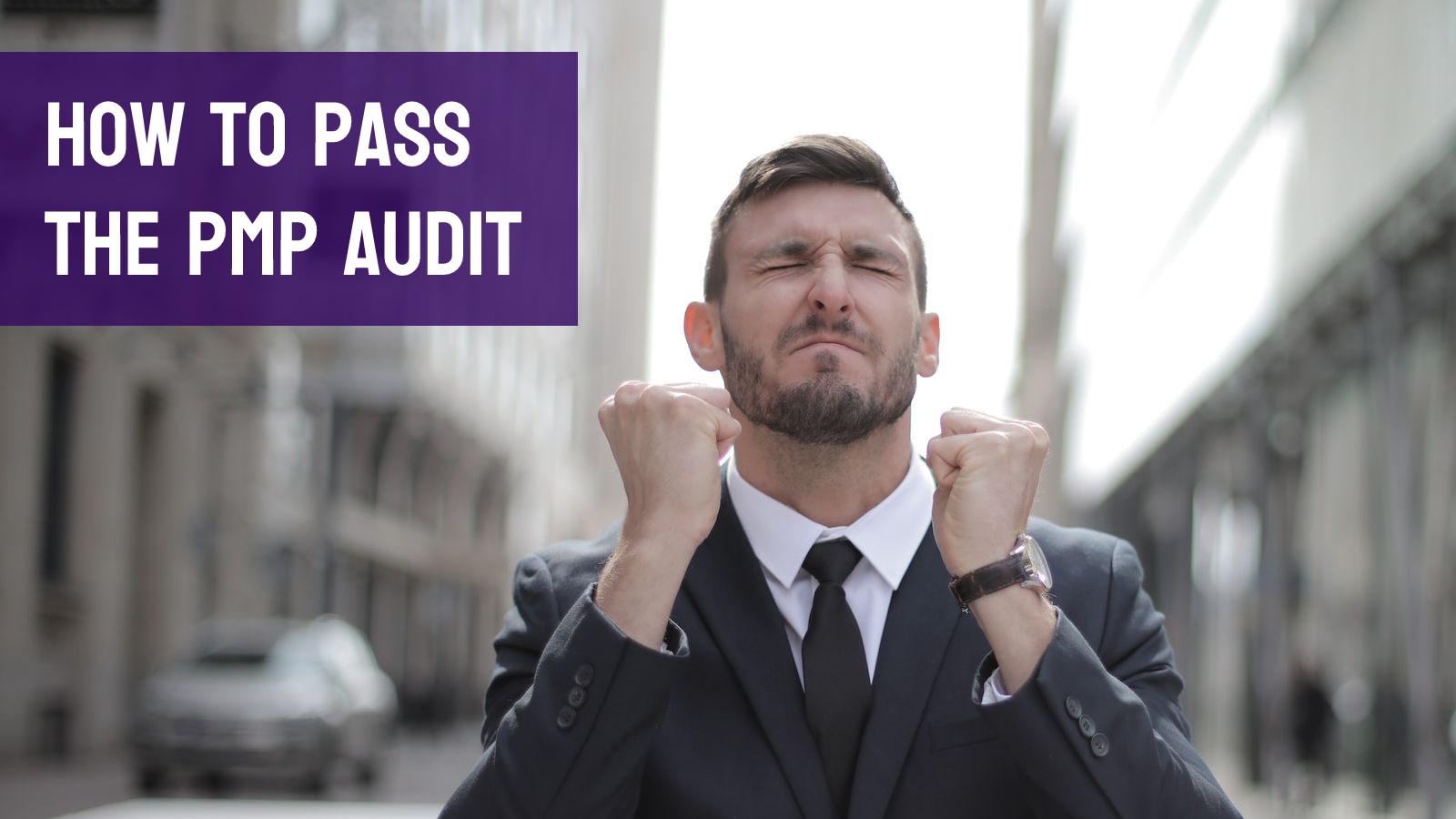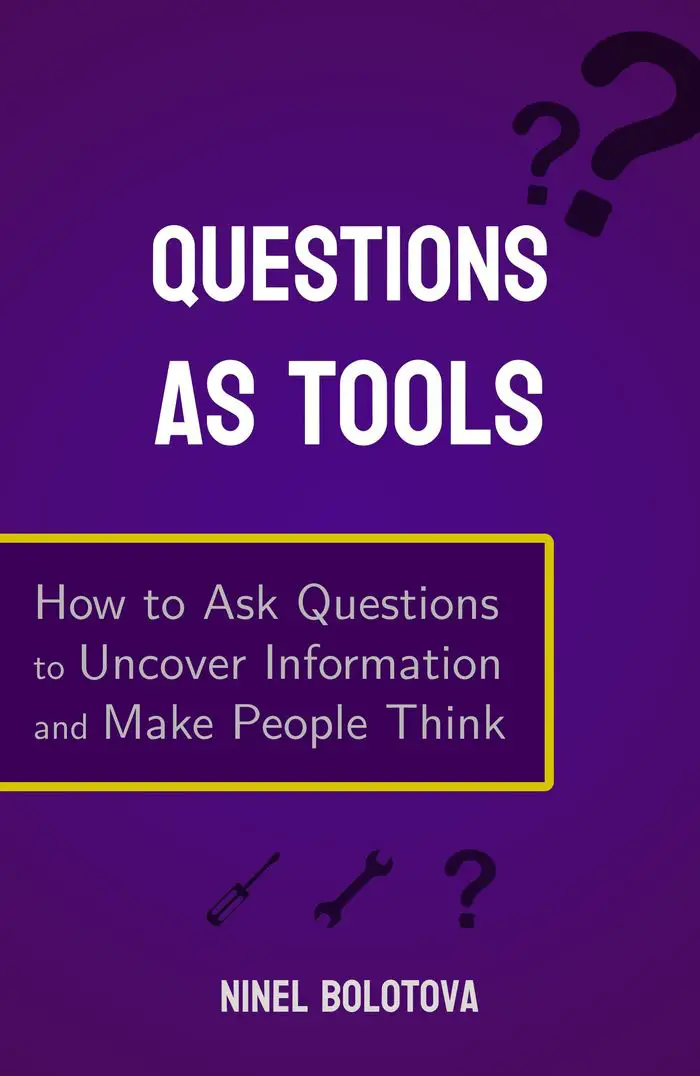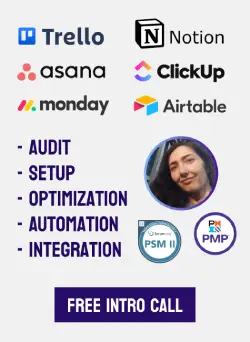PMP Audit Survival Guide: How to Pass the PMP Audit in 2026
To maintain the standards and enhance the credibility of its certifications, PMI randomly audits a number of applicants.
Project Management Professional is the most popular certification by PMI, so the audit is usually discussed in the context of PMP. But those who apply for CAPM, PMI-ACP, and other certifications could be audited as well.
If selected for audit, they’ll have to present proof of work experience, academic education, and contact hours they listed on their application.
In 2022, PMI audits were digitized, which simplified things a lot. However, being audited is still a stressful experience that raises some questions.
- Can you avoid being audited by PMI?
- How to deal with the stress of anticipating the audit
- How to pass the audit successfully
- What are your options if you fail the PMP audit
Let’s tackle them.

photo by @olly on Pexels
Who is selected for the PMP audit? Is there a way to avoid it?
That’s the first question on everyone’s mind.
The audit is completely random. Your place of residence, work experience, or other factors don’t influence your chances of being audited – it’s pure luck of the draw.
When will I find out that I’m audited?
Anecdotal evidence suggests that applications are randomly picked for an audit right after they’re submitted. So, if you don’t get an audit notification within 10 minutes of your “application received” email, you’re most likely in the clear.
Related: How to pass the PMP exam successfully.
How many PMP applications are being audited?
PMI doesn’t reveal which percentage of the applicants are audited.
But we have some indirect evidence – for example, from the PMP course students who share their application experience with their trainers. Looks like the number is somewhere around 10%.
Is 10% a little or a lot? The number is relatively low, but the odds tend to catch up with us at the most unexpected moment. But if you come prepared, there’s nothing for you to worry about.

photo by @yankrukov on Pexels
Dealing with the PMP audit anxiety
“Don’t worry” is easier said than done when you’re hit with an audit notification.
It might not be the highlight of your day, but an audit today is a breeze in comparison to what it used to be.
Let’s take a trip down memory lane to see what it was like not so long ago and contrast it with what we have now.
What the PMP audit was like pre-2022
It might surprise you, but the PMI audit process was fully digitized only in 2022.
Before that, all materials had to be sent physically by mail to PMI headquarters in Pennsylvania, USA. In a single package.
You had to provide printed copies of the projects from your application signed by your supervisors or other references, confirming that the information is accurate.
If you worked for the same company for years, that would mean a short trip around the office, and everything is signed in a couple of days. But what if you changed companies or work remotely and can’t quickly drop by to have your reference sign the application?
In that case, according to the older audit system by PMI, your references would have to print out the documents you sent them, sign them by hand, and send them over to you in a sealed envelope.
You had to collect all the project envelopes, put them in one big envelope, and send it to PMI.
It was an ordeal. Spending days and weeks collecting the signatures and waiting for the answer from PMI didn’t help with the peace of mind.
Thankfully, the process is much easier today. You could submit your audit documents in a few clicks, be sure that nothing is lost along the way, and receive a prompt reply.

Steps to pass the PMP audit
Once you’re selected for audit, an audit package will appear on your PMI dashboard.
1. Upload the education certificates
Upload the documents that confirm your university degree and your contact hours.
- If the physical document contains a few pages, put them in a single PDF
- If the original certificate is not in English, attach a letter outlining the general translation
2. Your references sign the DocuSign documents
For each project on your PMP application, you provide a reference name and email.
Reference is an employer, a colleague, a client, or any other person who has intimate knowledge of the project and could vouch for the work you performed.
Your references will receive emails via the DocuSign platform with links to documents related to your application, to put their e-signature on them.
If they don’t receive the email, make sure their email address is written correctly and have the reference check their Spam folder.
3. Double-check and submit the audit package
The “Submit” button on your audit package is inactive until all the required documents are added.
When the button activates, check everything again carefully. Once you submit the audit package, you can’t access and change it.
PMI should get back to you within 7 business days with the audit results.

photo by @olia-danilevich on Pexels
More questions about the PMI audit process
What if a reference is unresponsive?
It’s strongly recommended to check with all your references before you submit your PMP application and make sure they’ll vouch for you if needed.
But let’s say you didn’t do that beforehand, or the reference is unresponsive for any other reason.
According to the PMI FAQ, you could change references.
How long does it take to collect all the required materials for the PMP audit package?
If you have all documents ready and your references are quick to respond to their emails, you could submit your audit package within a day.
What is the deadline for submitting the PMP audit package?
You have 90 days to submit the audit package. The time remaining could be tracked on the PMI dashboard.
How long does it take PMI to review the audit package?
On average, the audit result comes within a week.
Do I pay the exam fee before or after being audited by PMI?
You can proceed with paying for the exam once you successfully passed the audit.
Related: Developing an Agile mindset.

photo by @nicola-barts on Pexels
What happens if I fail the PMP audit?
There’s no “good” way of failing an audit, but some ways are worse than others.
1. “Caught lying”.
Reason: It is revealed that you consciously made incorrect statements on your PMP application.
Consequences: You’re banned for life from taking any PMI certifications.
2. “Non-conformance”.
Reason: You don’t submit the audit package within 90 days.
Consequences:
- You’ll have to wait for a year to submit an application again.
- You’ll also have to pay an application fee in this case (the fees are subject to regional rules).
And after this, you’ll be re-audited. So, there’s no way to “wait it out” and hope you’ll be lucky next time – once you’re selected for audit, you have to submit the package one way or another.
3. “No fault”.
Reason: You fulfilled your application with correct information and to the best of your ability, but PMI reviewed it and found issues like:
- Your experience doesn’t quite fit the PMP experience requirements.
- There are issues with verifying your training credentials.
- Some details on your exam application and on your submitted documents don’t match.
Consequences: PMI reviews each of those failures on a case-by-case basis.
Usually, if you fail the audit due to minor issues in your audit package, you’re allowed to re-submit your application with no wait time and no extra fees.
Is there a chance of being audited once I obtain my PMP certification?
Once you’re a PMP, the risk of being audited almost drops to zero but doesn’t disappear completely.
PMI reserves the right to audit the certification holders at any time.
Conclusion
When you’re applying for your PMP, PMI-ACP, or other professional certification, you’re excited to pass the exam and see all your studying and hard work pay off.
Being audited is not a thing anyone would look forward to, but if you came prepared, it would only be a minor bump in the road.
Good luck with your exam!
More articles you might be interested in:

 Ninel Bolotova, PMP, is a workflow expert setting up and automating processes in ClickUp, Trello, Notion, Monday and other PM tools. She enjoys challenges related to process setup, automation and optimization.
Ninel Bolotova, PMP, is a workflow expert setting up and automating processes in ClickUp, Trello, Notion, Monday and other PM tools. She enjoys challenges related to process setup, automation and optimization.